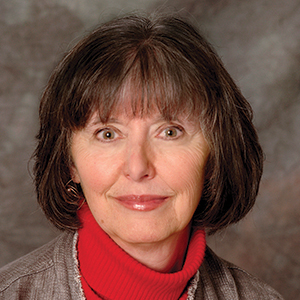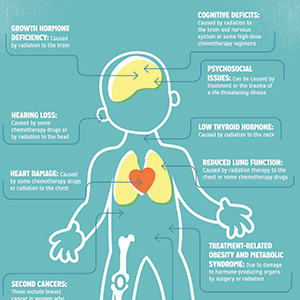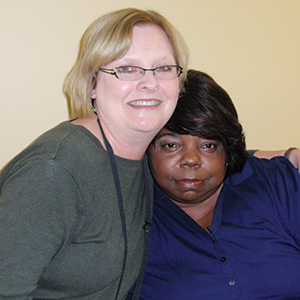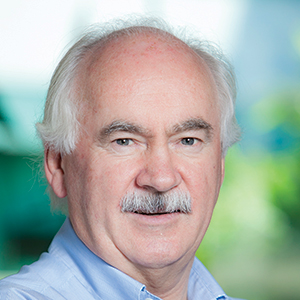Fall 2014 Vol. 04 Issue 03
-
Editor's Letter
Eat to LiveManaging your weight can help reduce your risk for cancer or cancer recurrence.
by Kevin McLaughlin
-
Your Cancer Guide
Making Tough ChoicesUse these pointers to ease some of the burden associated with difficult treatment decisions.
by Hester Hill Schnipper
-
A Community Effort
Local programs within Native American communities are at the forefront of an effort to increase cancer screening and reduce cancer deaths.
by Sue Rochman
-
Life and Health After Childhood Cancer
Survival for children with cancer has improved dramatically, but longer life has revealed long-term health concerns.
by Sharon Reynolds
-
Speak from the Heart
Connect with your partner by being honest about your emotions.
by Roanne Weisman
-
Striking a Balance
Setting clear goals can help you give back to others while taking care of yourself.
by Cynthia Ryan
-
The Weight of Obesity on Cancer Patients
Overweight and obese patients face worse side effects and survival odds than others with the same cancer. New efforts aim to help them get better care, become healthier and live longer.
by Melissa Weber
-
Survivor Profile
Closing the Cancer Care GapHealth economist and breast cancer survivor Felicia Knaul's mission, which first started as a grassroots effort to increase breast cancer screening in Mexico, has expanded to address cancer care inequities around the world.
by Alexandra Goho
-
Yesterday & Today
More Than a Girl SingerRosemary Clooney rebounded from a troubled marriage, addictions and mental illness to enjoy a long singing career. Since her death from lung cancer in 2002, treatment advances have offered some hope to other patients.
by Marilyn Fenichel
-
Q&A
Changing BehaviorJohn P. Pierce highlights the role of public health campaigns in cutting cancer risk.
by Susan FitzGerald
-
Sound Advice
Your Questions, Our AnswersDealing with chemo brain, keeping fit during treatment, and addressing caregiver depression.
-
Get Involved
A Canvas for CancerElizabeth's Canvas offers free art classes to those affected by cancer.
by Leigh Zaleski
-
In the Moment- Fall 2014
Jackie O’Neil, Djuan Lambert, Gerardo Martinez.
Ten-year-old Michael Methner told his story about being diagnosed with optic nerve glioma at the AACR’s Rally for Medical Research.
by Cancer Research Catalyst
Aggressive Approach to Very Advanced Cancer Does Not Extend SurvivalStudy shows no benefit from treatment for cancers at very advanced stages of progression. Researchers urge end-of-life planning for these patients.
by Kyle Bagenstose
The Affordable Care Act’s Impact on Access to Cancer CareA study at the AACR Cancer Health Disparities Conference found more people got quality cancer care after the ACA went into effect.
by Cancer Research Catalyst
Understanding the Federal Rule on Breast Tissue Density ReportsScreening mammography reports will include breast density and an explanation in common language.
by Sandra Gordon




















